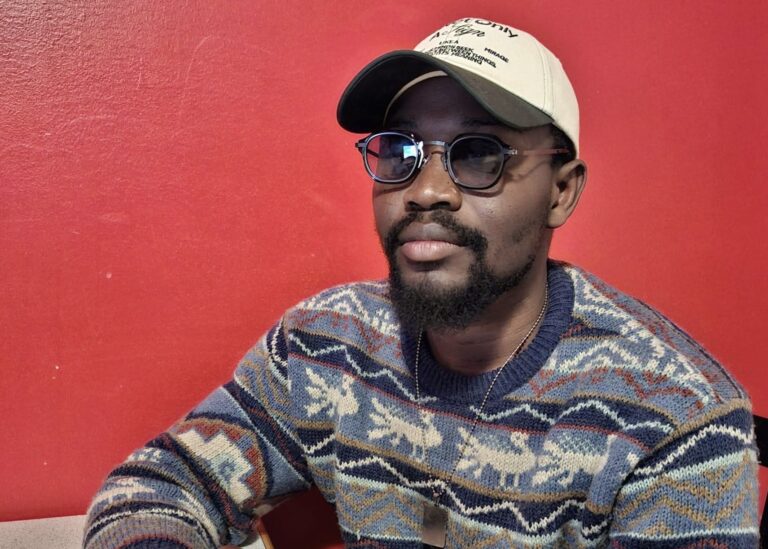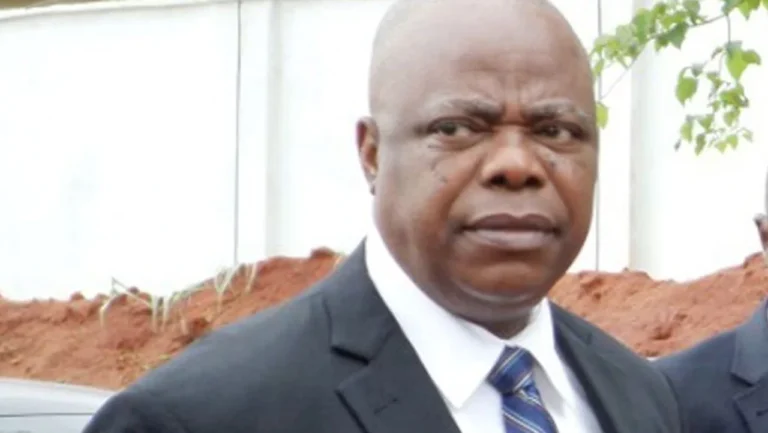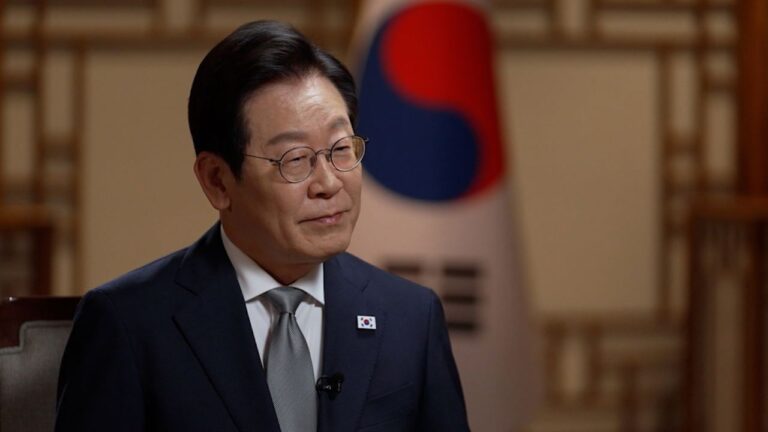
– Advertisement –
By Arret Jatta
The European Union ambassador to The Gambia, Imma Roca i Cortés, has said the EU is open to negotiating a new protocol on fisheries with The Gambia if the country is interested.
The six-year agreement signed in 2019 allowed EU vessels to engage in tuna and demersal (targeting fish on or near the seabed) fishing in Gambian waters, with an annual contribution of around €550,000. The deal was widely criticised in The Gambia with calls for termination or renegotiation to better protect national interests and create employment opportunities for Gambians.
– Advertisement –
However, Fisheries Minister Musa Drammeh told lawmakers last month that the government of The Gambia has “no intention” of renewing the contract because “it is not favourable” to The Gambia adding that “even the EU is not interested” in renewing it “because they are under pressure from their parliamentarians”.
Addressing a press lunch with the media yesterday, Ambassador Cortés explained that the agreement itself still exists, but the protocol that outlines the terms for EU vessels to access Gambian waters has not been renewed since July 2025. She argued that the EU has not been getting value for money in the deal. “We are paying but we are not getting anything back. The European Commission at the moment is studying and looking at the details of the different agreements and then the moment that the new approach and the new strategy is finalised, we are going to restart negotiating the protocols. Of course if a country wants or doesn’t want is another thing but we will restart [the discussions].”
Ambassador Cortés maintained that the deal is “dormant but it is not non-existent.” She highlighted that the EU has been paying “significant” amounts of money to The Gambia under the agreement, even though the usage of the agreement by EU vessels has been very low. “In 2024, there was no fishing by European vessels in Gambian waters, and the ratio of using the agreement was under 1 percent. The percentage of usage of the agreement is very few. Member states vessels do not come and fish in Gambian waters in this case,” Cortès said.
– Advertisement –
She added that despite the low usage, the EU has continued to provide budget support to the ministry in The Gambia.
Ambassador Cortés however stated the EU is concerned about the increasing number of Gambian-flagged vessels that are not properly monitored, which could pose a risk of illegal, unregulated, and unreported fishing.
“If The Gambia or any other country gets yellow flagged by the international bodies, then the agreement cannot be signed,” she warned.












